Top Different Types Of Blood Tests You Should Get To Catch Diseases Early On

Want to get a blood test to assess your health but not sure where to start? Keep reading to learn more about different blood tests you should get for optimal health.
Blood tests for your body are what an MOT is for your car. Same as a vehicle requires regular checks to ensure its safety and roadworthiness, your body also benefits from routine testing to maintain optimal physical health and well-being.
Tests let you take a peek under the hood to ensure everything is running as it should be and identify areas where there could be room for improvement.
Keep reading for a list of the top blood tests you should be getting to put you back in the driver’s seat and on the road to good health.
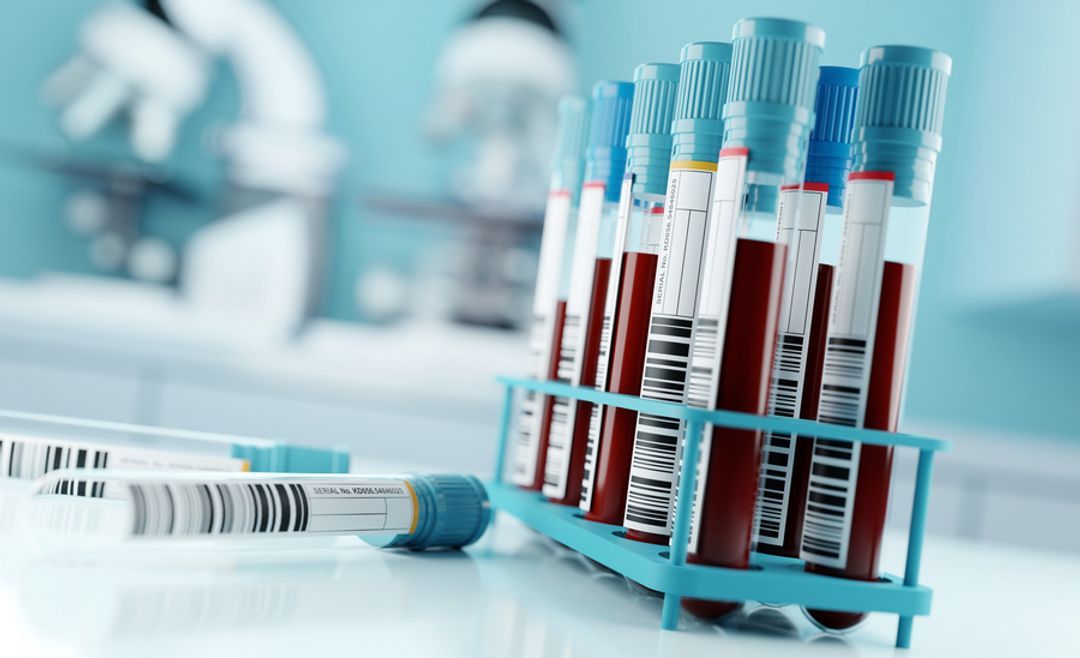 What Is A Blood Test, And What Does It Check For?
What Is A Blood Test, And What Does It Check For?
Blood tests help determine the current state of your health by assessing the condition of your internal organs, identifying the root cause of any symptoms you may be experiencing, and diagnosing specific illnesses by quantifying different blood cell numbers, electrolytes, minerals, vitamins, and other important molecules.
Routine testing can give you a deeper insight into how your physical state changes over time and help with the early detection of certain conditions.
How Often Should I Book A Blood Test?
Though there is no rule on when to test, it is a good practice to consider getting a basic blood panel done every 5 years for those aged 18 to 39, every 2-3 years for those in the age group 40-49, and yearly for 50+ individuals.
People with a higher risk of certain conditions, such as heart disease and high blood pressure, or those with unexplainable and persistent symptoms may need to be tested more often.
Types Of Blood Tests To Get
Full Blood Count (FBC)
A full blood count is the most common type of blood test and checks the numbers of different cell types in the blood, including white blood cells, red blood cells and platelets. An FBC test provides insight into the general state of health and informs about the presence of anaemia, infection(s), allergies, and others.
Blood Glucose
There are several blood glucose tests used to diagnose and monitor type 1 and 2 diabetes. These include:
- Fasting glucose test, which measures your blood sugar levels after at least eight hours of not eating or drinking anything.
- Glucose tolerance test, which in addition to the abovementioned test, re-checks your blood sugar levels two hours after being given a sugary drink.
- HbA1c test, which reflects blood sugar control over the past 3 months prior to testing.
Comprehensive Metabolic Panel (CMP)
A CMP test reflects the health of your liver and kidneys, and checks for disturbances in your blood sugar, protein, and acid levels.
It checks the levels of 14 compounds in the blood, including calcium, glucose, potassium, chloride, bicarbonate, sodium, creatinine, albumin, bilirubin, total protein, alanine aminotransferase, aspartate aminotransferase, and blood urea nitrogen.
Lipid Panel
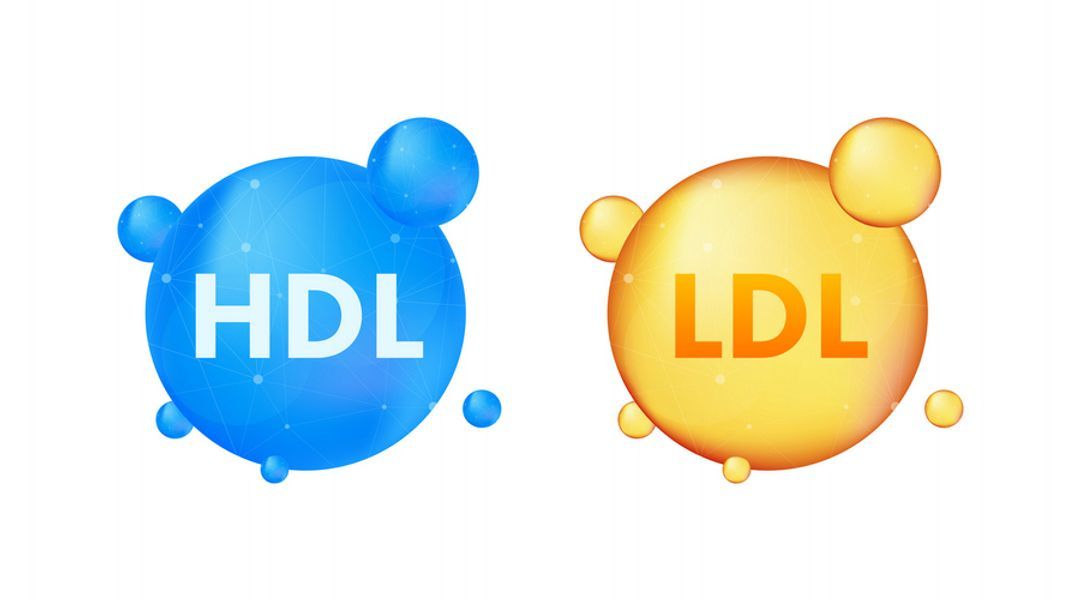
A lipid panel test checks your triglyceride cholesterol levels to preempt and reduce the risk of cardiovascular disease and events. The test measures total cholesterol and the two types that make it: high-density lipoprotein (HDL) and low-density lipoprotein (LDL). The former is ‘good’ cholesterol that helps remove harmful substances from the blood, while the latter is ‘bad’ cholesterol that clogs arteries.
Liver Function
A damaged or inflamed liver releases elevated levels of enzymes into the blood and synthesises less protein and other important substances, such as clotting factors. A liver function test measures the levels of these enzymes and proteins called albumin to gain a clearer insight into your liver health and to exclude the presence of diseases such as alcohol-related liver disease, cirrhosis and hepatitis
Thyroid Function
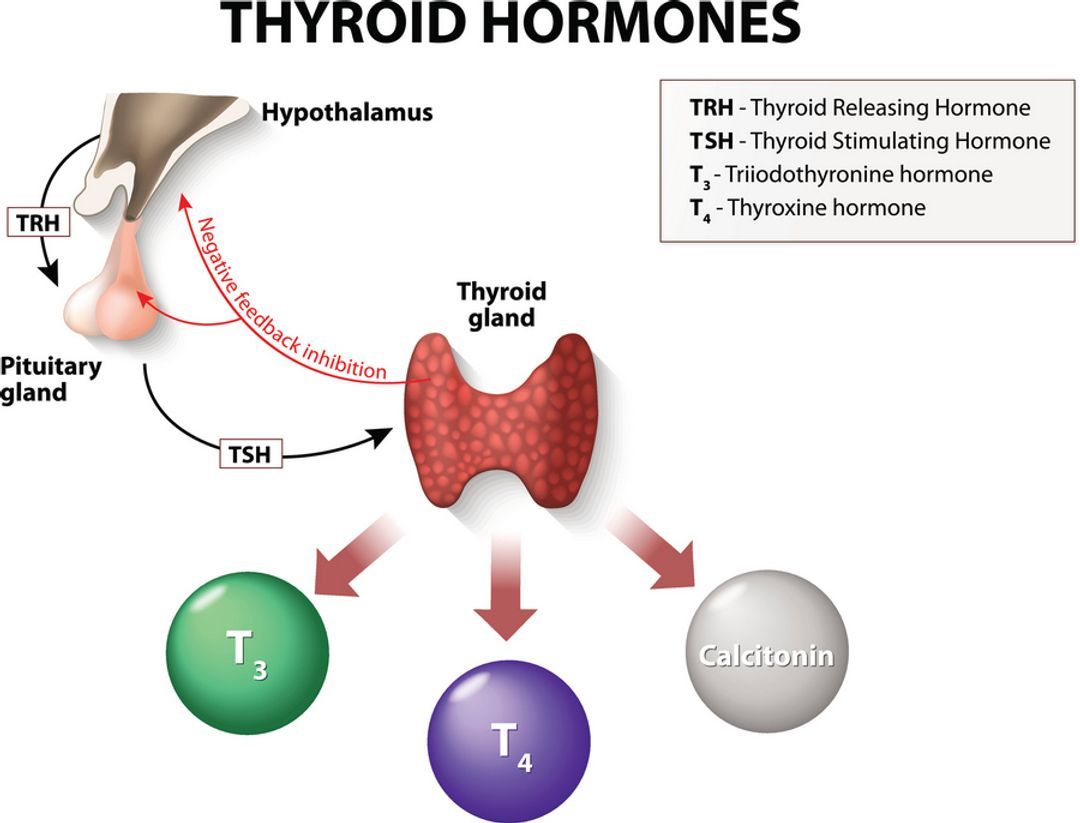
A thyroid function test measures thyroid-stimulating hormone, as well as thyroxine and triiodothyronine levels, which helps screen for underactive and overactive thyroid.
Sexually Transmitted Diseases
Majority of STIs (sexually transmitted infections) do not present with symptoms, so a routine screen for chlamydia and gonorrhoea in sexually active individuals is recommended. Testing is often from urine, but may also require blood tests which is, nonetheless, the gold standard for testing for HIV.
C-Reactive Protein (CRP)
CRP release from the liver is increased in the context of infections, as well as different chronic diseases. Interestingly, it may be somewhat raised in smokers, pregnant females, and obese individuals.
High sensitivity CRP (hsCRP) denotes a highly sensitive test that can detect minimally raised levels of CRP - such a test is nowadays used as a cardiovascular disease risk marker.
Urea And Electrolyte (U&E)
Sodium and potassium are important electrolytes whose derangement might be life-threatening. Checking these together with urea gives an insight into kidney function. Since kidneys allow excretion of various toxins, proper kidney function is essential for overall health.
Coagulation Panel
Coagulation tests determine how well and how long it takes for your blood to clot. Blood that takes a long time to clot could indicate a bleeding disorder, while blood that clots too much and too quickly poses a risk of blocking the blood flow to the vital organs, which may predispose one to a stroke or a heart attack.
BONUS - GlycanAge Age Test
Many factors can accelerate the ageing process, and our biological age often differs from our chronological age. GlycanAge offers a simple finger prick test that assesses the health of your immune system by measuring levels of chronic inflammation, thus providing useful information that goes beyond what one may expect to receive from the abovementioned basic blood tests.
The GlycanAge test may help predict the onset of certain disease states and identify areas where your health requires improvement, empowering you to implement lifestyle changes. So if you want to reverse the ageing process and make changes that will give renewed vitality to your body, order your GlycanAge home test kit today, take the test, mail in your sample, and wait for the results. Once they are ready, you will be able to schedule a free consultation with one of our experts to develop a personalised wellness plan that will help you stay younger and healthier for longer.
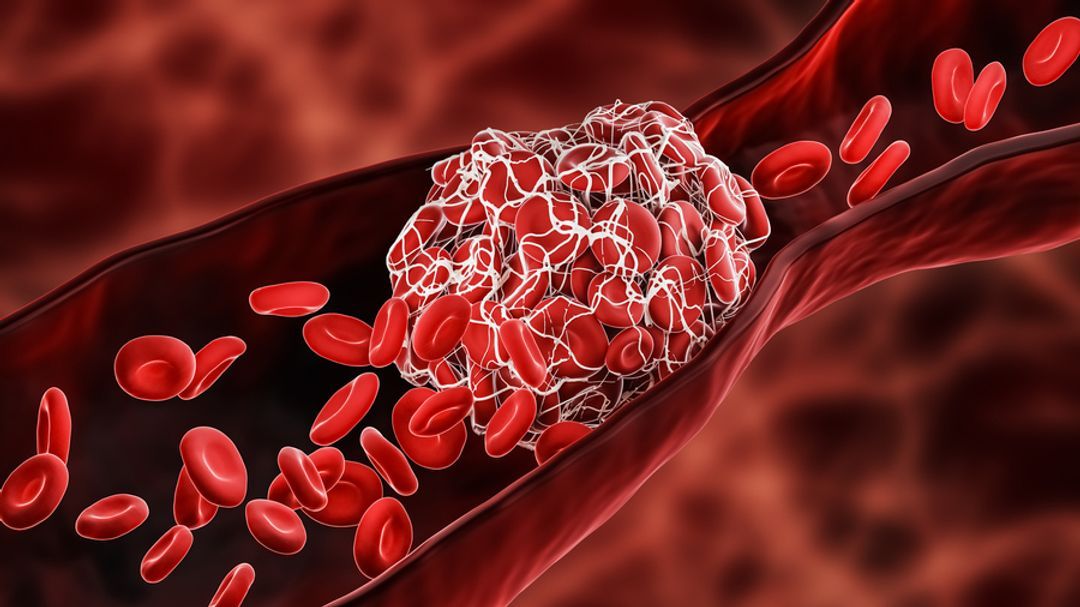
How To Get A Blood Test
There are several ways to get a blood test; most often, it is through your primary point of care, which is your GP surgery or local walk-in clinic. Doctors can also refer you to a hospital if you require further testing. Private laboratories are another option, without needing a doctor’s referral, and home testing kits can be ordered online or bought at a pharmacy.
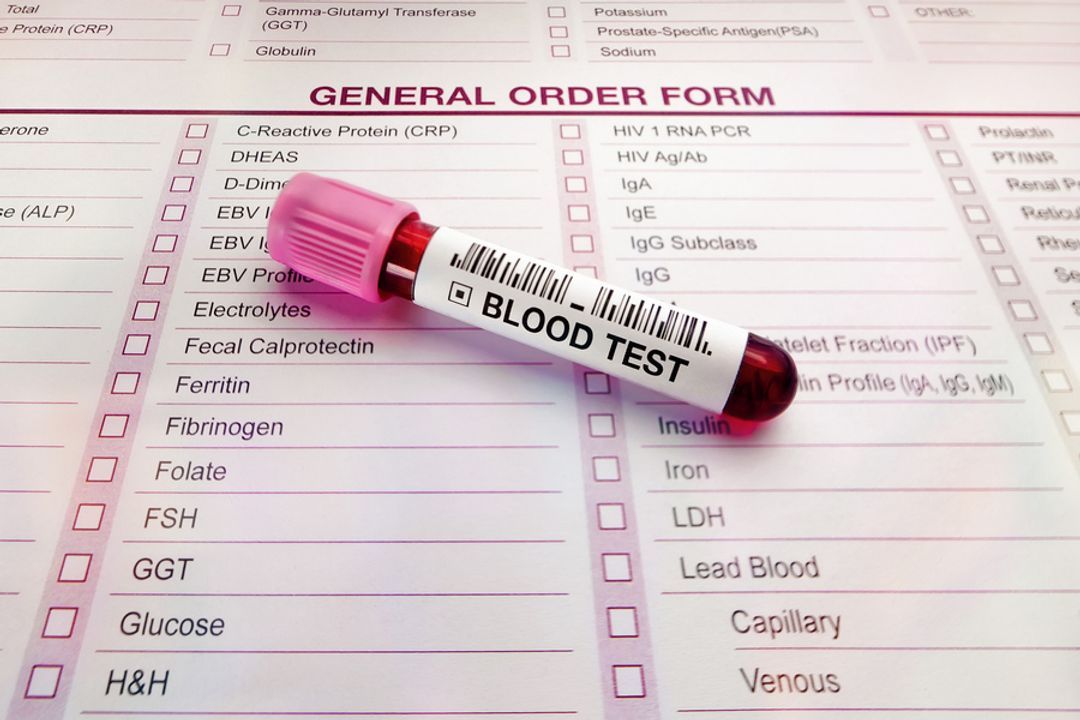 Preparing For A Blood Test
Preparing For A Blood Test
While no special preparations are needed for most blood tests, some may require you to fast for 8-12 hours to ensure accurate test results. Your healthcare provider will let you know if you need to fast before taking your test.
How Long Do Blood Test Results Take?
The amount of time it takes to receive your blood test results depends on the type of test, where you got tested, and how many tests you have done. Based on these factors, it can take anywhere from a few hours to several weeks to receive your results.



